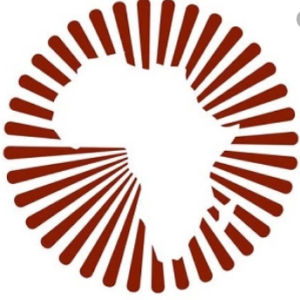 According to new data from the Institute of International Education, more than 347,000 American students studied at foreign institutions of higher education during the 2018-19 academic year. This was up 1.6 percent from a year earlier. A decade ago there were 260,000 Americans who studied abroad. Nearly 56 percent of Americans studying abroad attended universities in Europe.
According to new data from the Institute of International Education, more than 347,000 American students studied at foreign institutions of higher education during the 2018-19 academic year. This was up 1.6 percent from a year earlier. A decade ago there were 260,000 Americans who studied abroad. Nearly 56 percent of Americans studying abroad attended universities in Europe.
It must be noted that these enrollment figures were for students who studied abroad before the pandemic. Thus, the figures in next year’s report will be very interesting.
Of all U.S. students studying abroad, 13,455, or 3.9 percent, attended universities in sub-Saharan Africa. The number of American students studying in sub-Saharan Africa declined by 6.7 percent from the previous year. Sub-Saharan African nations send 3.1 times as many students to American universities as America sends to sub-Saharan African universities.
Among sub-Saharan African nations, South Africa was by far the most popular destination. In the 2018-19 academic year, 5,287 American students studied in South Africa. This was down 12 percent from the previous academic year. Ghana hosted 2,147 American students in the 2018-19 academic year, down nearly 3 percent from the previous year. More than 1,300 American students studied abroad in Tanzania. Kenya and Uganda hosted more than 700 American students.
While the data does not reveal what percentage of American students studying abroad in Africa are African Americans, we do know that of the 347,000 American students studying abroad in all areas of the globe, about 5.9 percent, are African Americans. This percentage has slowly increased since the turn of the century.













Hello,
I am a senior lecturer in English at the Institut National des Sciences Appliquées in France. I have sent students to Ghana to learn English with excellent results. It is cheaper for the poorer students and it is a great opportunity for my franco-African students to make contacts with anglo-Africans. Do you have the names of the places in Tanzania, Uganda, and Kenya where these students went? Establishments in South Africa are more expensive, but I would like similar information about them too. I am thinking about month-long intensive courses. Student safety and health are of primary importance.
Thanking you in advance,
Sarah Sands